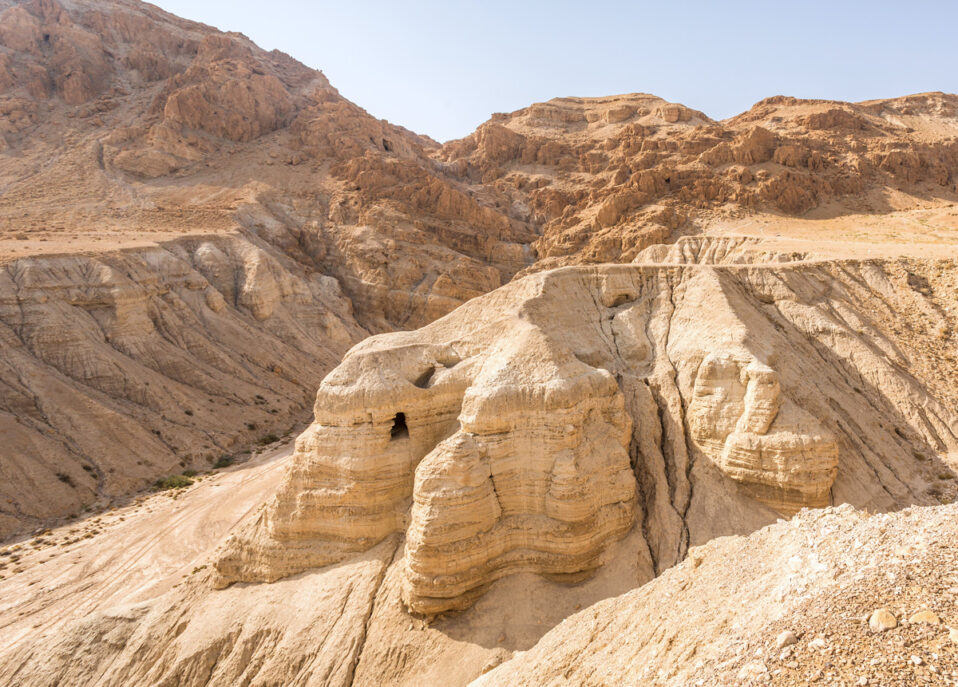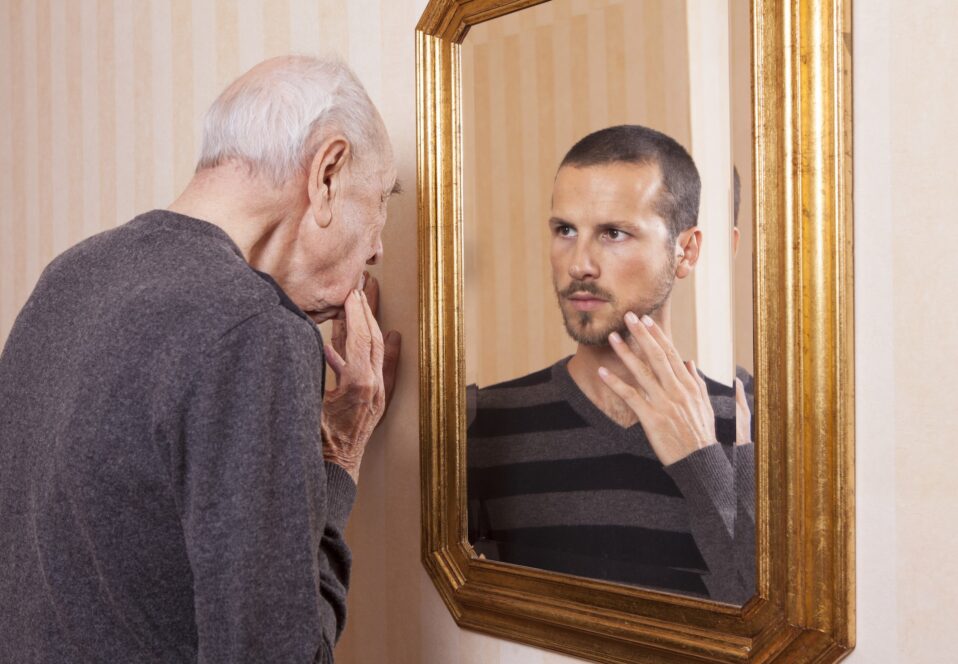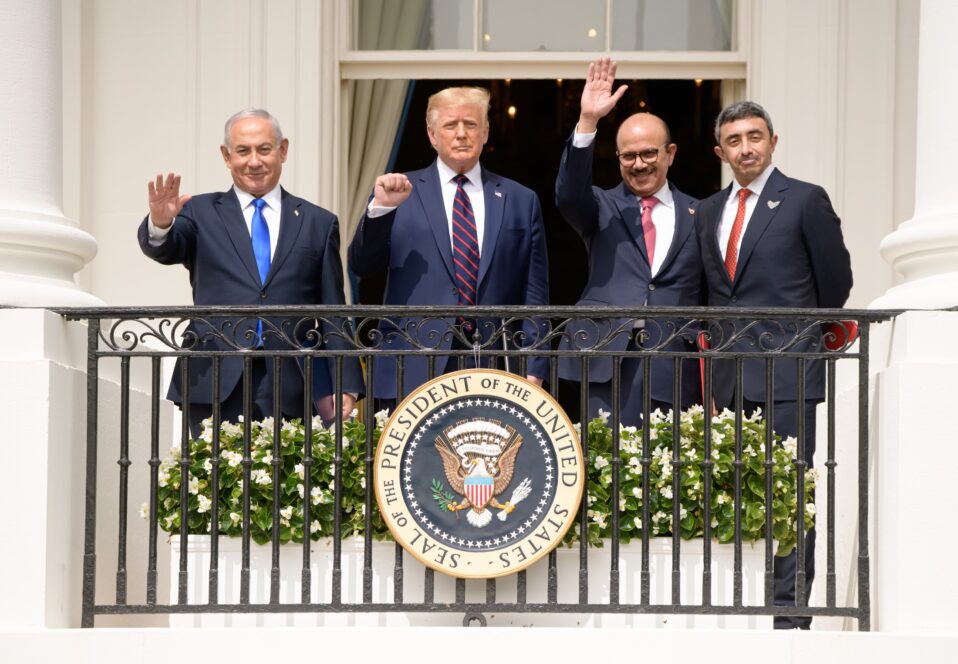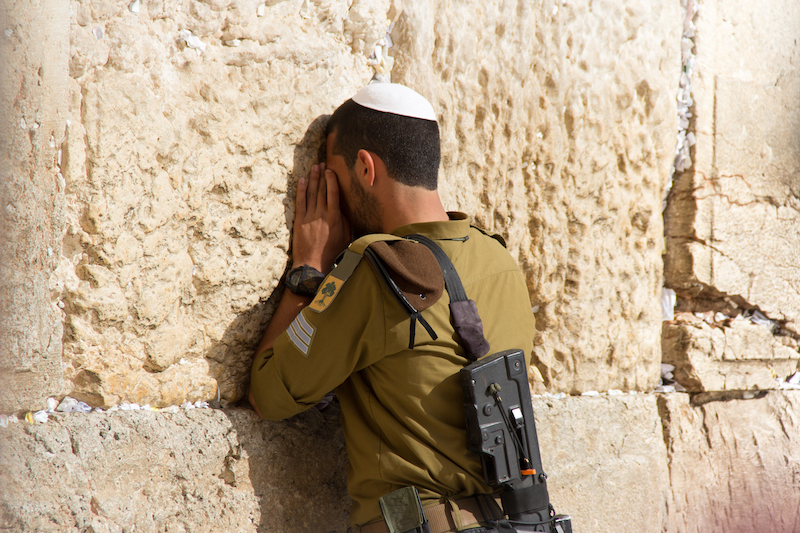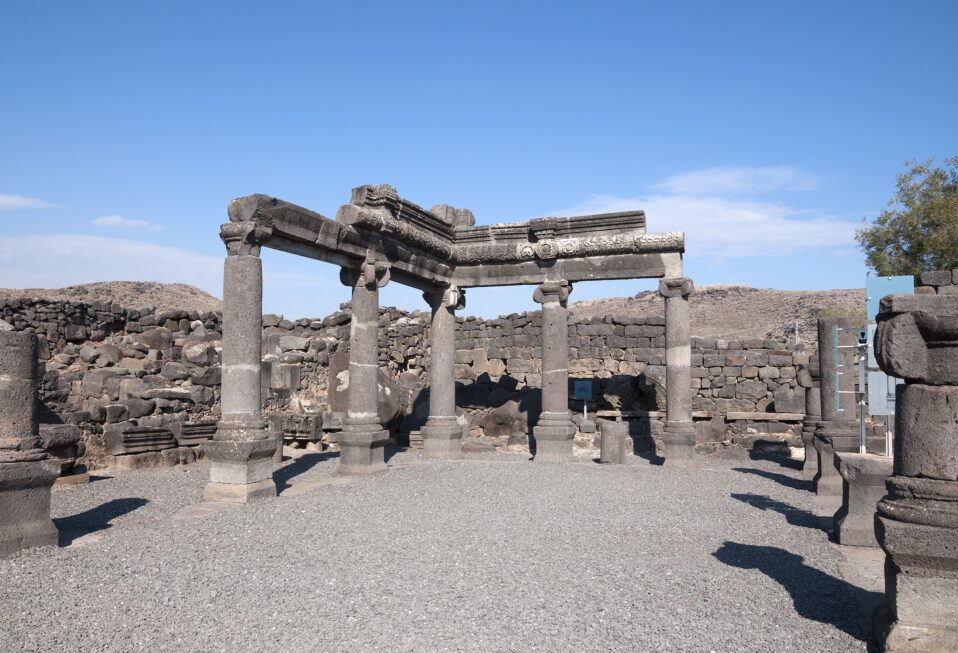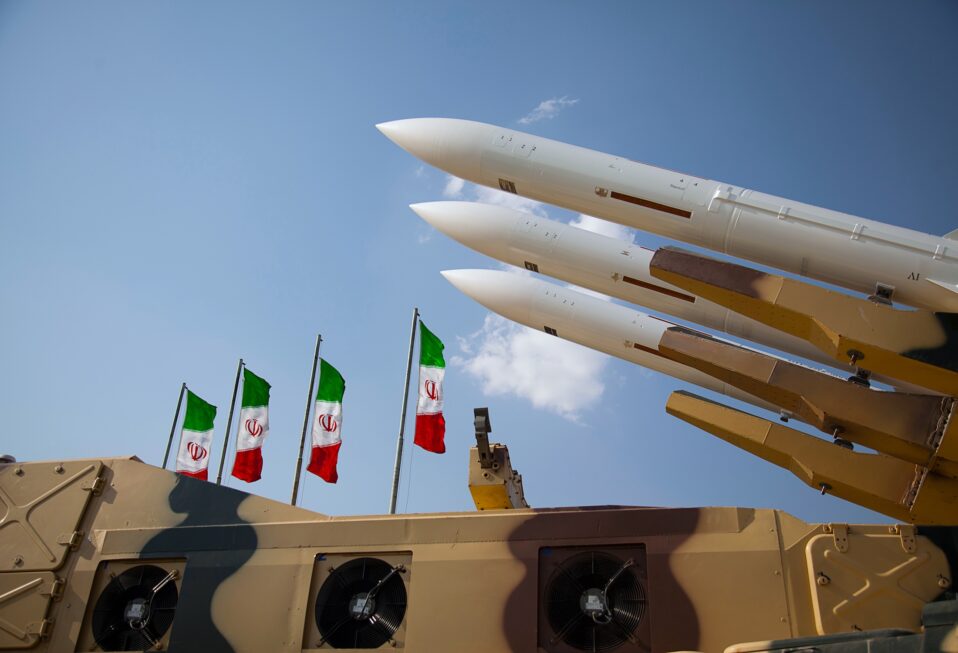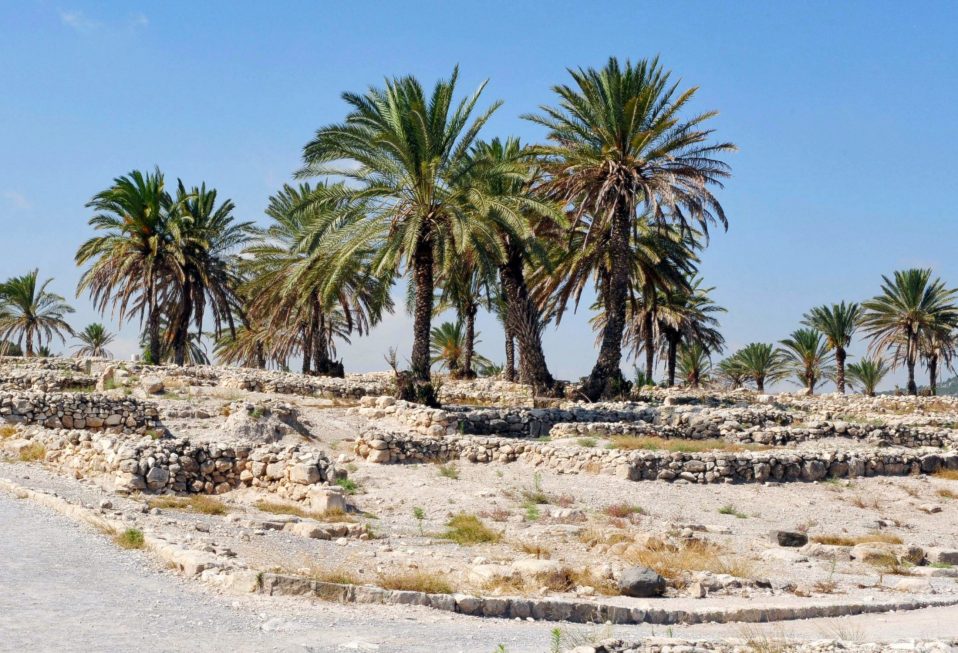By Arlene Bridges Samuels
Thousands of words have been written about President Donald Trump’s exceptional policies toward Israel and the greater Middle East. His administration’s actions are pretty well known. Yet Israel—a nation familiar with constant hostility, relentless terror, and attacks from the United Nations—received from the Trump Administration another commodity that cannot be bought. It’s the commodity of deserved justice, affirming the nation’s very existence, and recognizing its ancient ancestry. President Trump’s policies have lifted Israel’s national spirits during these last four years. Finally, the leader of the free world said, in essence, “You belong!”
To be sure, other American presidents have a place in Israeli hearts. Two of them were Democratic Presidents: Harry Truman, who cast his vote for a modern Jewish state during the U.N. vote on May 14, 1948, and Bill Clinton, who helped broker the peace deal between Israel and Jordan in 1994.
But no American president has won the hearts of Israelis like Donald Trump. Israel is not alone in its respect for him. Several Arab Gulf States, along with Sudan and now Morocco, have signed the Abraham Accords and welcomed Trump’s outreach. The results for peace between signers and an array of practical benefits are nothing short of miraculous. Last Friday, Reuters reported that Princess Lalla Joumala Alaoui, Morocco’s Ambassador to the United States, presented President Trump with a high honor. The award from Morocco’s King Mohammed VI—the Order of Muhammed—is bestowed only upon heads of state.
Trump’s goals for the U.S.-Israel relationship became clear early on. In 2015-2016, I worked part-time for the International Christian Embassy Jerusalem USA (ICEJ USA) as Leadership Outreach Director for their project, American Christian Leaders for Israel (ACLI). We reached out to then-candidates Hillary Clinton and Donald Trump, asking them to sign a document titled “Five Guiding Principles for the President.” I received a prompt response from the Trump campaign, agreeing to all five principles. The Clinton campaign never responded.
Six hundred and fifty prominent Christian leaders from the black, white, and Hispanic communities signed the letter. It demonstrated massive support from millions of American Christians for the Jewish state, the land that nurtured our Christian faith and served as the earthly homeland for our Savior Jesus.
Two of the five principles were highly significant. Trump implemented the Jerusalem Embassy Act of 1995 that required the U.S. to move its embassy from Tel Aviv to Jerusalem—yet had lain dormant for 25 years after Congress overwhelmingly passed it. In doing so, Trump kept a promise. On December 6, 2017, he announced his intention to move the U.S. Embassy to Jerusalem. I burst into joyful tears as I watched on television. Along with an estimated 300 million pro-Israel Christians worldwide, I celebrated a wrong made right. Millions of us then rejoiced on May 14, 2018, when officials cut the ribbon at the beautiful embassy in Jerusalem, Israel’s eternal capital, on modern Israel’s 70th anniversary.
American policy on Iran was the second principle. In 2016, ACLI asked the candidates to monitor Iran’s repeated sanctions violations, toughen current sanctions, and impose new ones as necessary. ACLI did not request either candidate to withdraw from the 2015 Iran deal—the Joint Comprehensive Plan of Action (JCPOA). However, President Trump not only withdrew from the Iran deal in 2018 but also added more sanctions. His decision was fully supported by the Israeli government and Arab nations in the region—and emphatically within the pro-Israel Christian community.
On March 25, 2019, Trump made a proclamation that rattled terrorists in Syria, which included the elite Iranian Revolutionary Guard Corps (IRGC) still operating there. Trump proclaimed, “The United States recognizes that the Golan Heights are part of the State of Israel.” Prior to Israel retaking the Golan Heights in 1967, Syria had rained down terror attacks on Israeli civilians for years. Trump thus righted a wrong once again, as Syria was a continual security risk for Israel. Another announcement in November 2019 was groundbreaking: Trump declared that Israel’s settlements in the West Bank—biblical Judea and Samaria—was not illegal.
In August 2020, President Trump’s Israel and regional policies generated immense prominence, enacting policies only dreamed of. He successfully initiated The Abraham Accords. At this writing, Israel, United Arab Emirates, Bahrain, Sudan, and Morocco are signatories, with reportedly more to come.
The Jewish state has honored President Trump in many ways. In 2019 Israel Katz, then Minister of Transportation, announced via tweet, “Here, in the Old City of Jerusalem, we will build the Western Wall and Temple Mount train station. It will be named after Donald Trump, who made history and recognized Jerusalem as the capital of Israel.” Also in 2019, I enjoyed a memorable visit as part of the Government Press Office’s Christian Media Summit. The Israeli government had honored President Trump once again by naming a beautiful area in the Golan Heights “Trump Village,” a new community that is already welcoming residents. One hundred and twenty of us in Christian media worldwide circle-danced in front of a large, welcoming sign emblazoned “Trump Village” in both Hebrew and English.
A new era began yesterday, January 20, when Mr. Biden became the 46th president of the United States. In the lead-up, a mixture of questions and concerns were already emerging about his Middle East policies. As background, Biden has longstanding relationships with the American Jewish community and with Israeli leaders he has known for decades. He opposes the Boycott, Divestment, Sanctions (BDS) movement, which espouses economic warfare against Israel. He currently does not support reducing or conditioning Israel’s security aid. His team says that he wants to continue the Abraham Accords. He likely won’t move the U.S. Embassy back to Tel Aviv but will, as some have said, open a consulate again for the Palestinians in Jerusalem.
On a more personal level, Biden enters the presidency with an affection for Israel. This contrasts with Obama, who wanted to put some daylight between the U.S. and Israel. Biden first traveled to Israel in 1973 as a senator. He met with former Prime Minister Golda Meir and has known each prime minister ever since.
Nevertheless, Biden’s moves to restart the Iran deal are sounding loud regional alarms—and with good reason. Iran is the biggest terror-sponsoring country in the world. They are ramping up their uranium enrichment. Their Intercontinental Ballistic Missiles (ICBMs) are lined up now along Iran’s coast on the Straits of Hormuz, a main shipping lane for the world’s oil. The 2015 Iran deal only emboldened Iran to maintain its pursuit of nuclear capability to “help” usher in the so-called Twelfth Imam, Shia Islam’s “messiah.” The apocalyptic Imams believe their messiah will rule the world and bring peace into chaos.
Biden has already appointed key Iran deal negotiators from the Obama-Biden administration’s team. Israel’s Channel 2 reported last weekend that “Biden officials are already having ‘quiet talks’ with Iran on a return to the 2015 nuclear deal and have updated Israel on those conversations.” As a historical note: That deal was a strategic failure, naively giving Iran room to do as it pleased. Hopefully, the Biden team will learn from earlier mistakes and pay close attention to Israel and the Arab countries situated within Iran’s potential nuclear grip.
On November 10, 2020, award-winning Arab Muslim journalist Khaled Abu Toameh reported that Egypt, Saudi Arabia, and Arab Gulf States sent a message to Biden and the Democrats: “We do not want to go back to the bad old days when the U.S. administration aligned itself with Islamist terrorist groups.” They are referring to growing fears that a Biden administration may return to former President Barack Obama’s empowering and appeasing the Muslim Brotherhood.
The Muslim Brotherhood was founded in Egypt in 1928 by Hassan al-Banna, who admired Hitler and his Nazi regime. Since then, the Brotherhood has created countless terrorist acts, chaos, and unrest. If Biden moves forward on any Iran deal, the Arab states have requested a seat at the table. Iran’s Supreme Leader, Ayatollah Ali Khamenei, is already demanding that the United States lift sanctions on Iran “immediately.”
In his recent article for the Gatestone Institute, Iranian American and Harvard scholar Dr. Majid Rafizadeh called Iran’s latest moves toward Biden, “nuclear extortion.” He also reported that Iran’s Foreign Minister Javad Zarif declared that the United States “must compensate us for our losses.” The demanded amount is $130 billion in “damages” for the terror-sponsoring country.
Considering the Iranian threat in particular and its increasing demands on Biden, what is our role as pro-Israel Christians? Whether we voted for him or not, it is our responsibility to pray for him, his administration, Congress, and the Supreme Court. Many millions of Christians fervently prayed for President Trump’s re-election based in large part on his welcome policies toward Israel and the region.
Prayers for this new administration must persist in our appeals to heaven, as 1 Timothy 2:1-4 makes clear: First of all, then, I urge that supplications, prayers, intercessions, and thanksgivings be made for all people, for kings and all who are in high positions, that we may lead a peaceful and quiet life, godly and dignified in every way. This is good, and it is pleasing in the sight of God our Savior, who desires all people to be saved and to come to the knowledge of the truth.
It is also an ideal time for us to delve into the entire book of Daniel to refresh our understanding of the ways Daniel conducted himself while exiled in Babylon. “Blessed be the name of God forever and ever, to whom belong wisdom and might. He changes times and seasons; he removes kings and sets up kings; he gives wisdom to the wise and knowledge to those who have understanding; he reveals deep and hidden things; he knows what is in the darkness, and the light dwells with him” (Daniel 2:20-22).
Prayer matched with practical action is essential. Now that more Christians are aware of the need for active political advocacy, relationships with members of Congress are more important than ever on both sides of the aisle. Both Democrats and Republicans together have passed excellent legislation that strengthened the U.S.-Israel relationship. Yet more challenges are ahead, and we must step up to the plate with Congress.
Remain attentive to CBN Israel news. Stay educated via Christians United for Israel (CUFI) and the American Israel Public Affairs Committee (AIPAC). A historically Jewish bipartisan organization, AIPAC opened a wide and welcoming door 17 years ago to pro-Israel Christian, black, and Hispanic communities as activists. All this is to say, don’t give up! Pro-Israel Christians have a mandate for prayers with feet on them!
Americans face a changing political landscape. Let’s pray for spiritual valor so that the Lord will view us as His faithful representatives:
- Pray for President Trump in thankfulness for his achievements that have so deeply blessed Israel.
- Pray for wisdom for the Biden administration on every level, and for changed policies where needed.
- Pray for the pro-Israel Christian community worldwide, that we will exemplify Jesus’ love while standing for truth.
- Pray for healing after traumas in our nation’s capital.
And may we remember the words of the Apostle Peter: “You yourselves like living stones are being built up as a spiritual house, to be a holy priesthood, to offer spiritual sacrifices acceptable to God through Jesus Christ” (1 Peter 2:5).
Arlene Bridges Samuels pioneered Christian outreach for the American Israel Public Affairs Committee (AIPAC). After she served nine years on AIPAC’s staff, International Christian Embassy Jerusalem USA engaged her as Outreach Director part-time for their project, American Christian Leaders for Israel. Arlene is now an author at The Blogs-Times of Israel and has traveled to Israel 25 times. She co-edited The Auschwitz Album Revisited by Artist Pat Mercer Hutchens and sits on the board of Violins of Hope South Carolina. Arlene has attended Israel’s Government Press Office Christian Media Summit three times and hosts her devotionals, The Eclectic Evangelical, on her website at ArleneBridgesSamuels.com.


